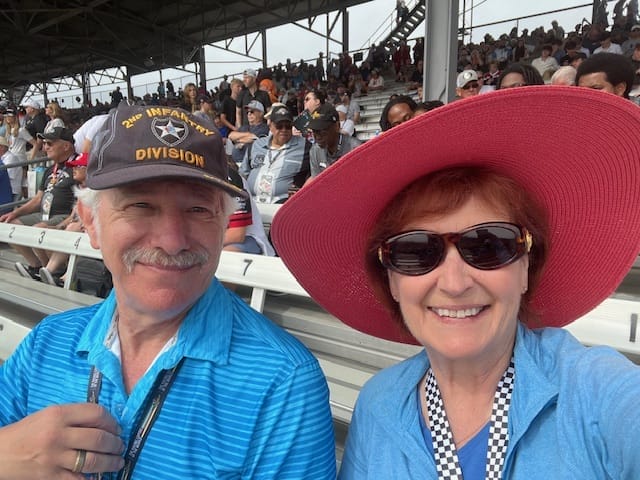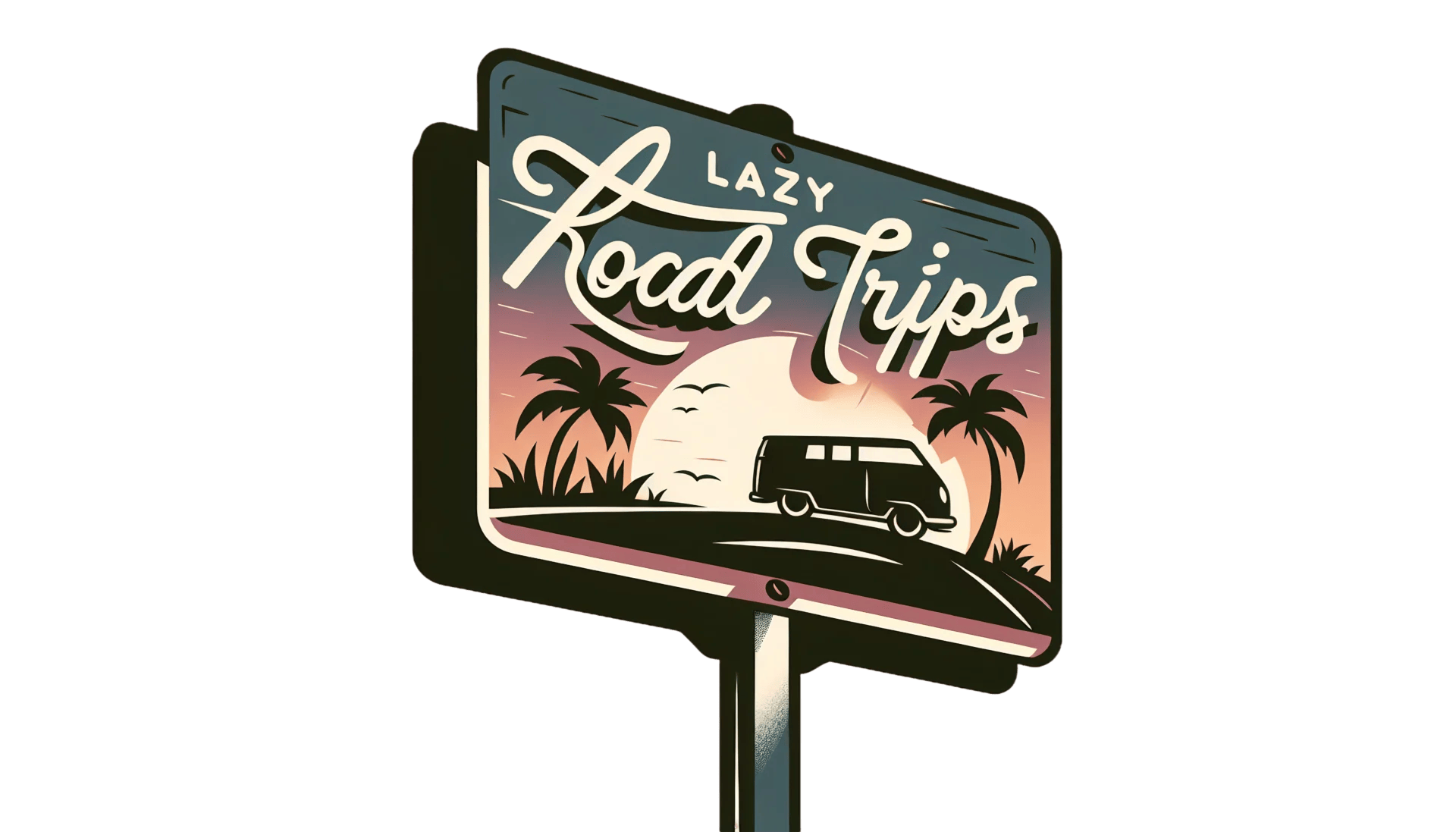**Dallas Woman Wants to Live in an RV, But Faces Zoning Challenges**
Minimalistic living and the lure of the open road have a certain magic, don’t they? But for one Dallas woman, actually moving into an RV full-time is proving way harder than you’d think.
Turns out, even in a place as big and varied as Texas, zoning rules can throw a wrench in the dream. It’s a tangle of regulations, hopes, and a bit of stubbornness. Let’s poke around the world of zoning laws, why RV living is so tempting, and what all this means for folks itching to try out the nomad life.
The Appeal of RV Living
RV living brings a mix of freedom, adventure, and simplicity you just can’t get in a regular house. Waking up somewhere new? That’s hard to beat.
Plenty of people are drawn to the idea of traveling whenever they want. Here’s what makes RV life so attractive:
- Cost Savings: Living expenses usually drop compared to a traditional home.
- Mobility: You can hit the road and explore without constantly packing up your life.
- Minimalism: It pushes you to live with less and focus on what matters.
- Community: RV folks are often friendly, welcoming, and ready to swap stories around a campfire.
Cost Savings
Saving money is a huge reason people ditch the house for an RV. Regular homes come with endless bills—mortgages, taxes, repairs, you name it.
RV living can cut a lot of that out, but it’s not totally free. You still need to buy the RV, keep it running, and pay for places to park.
Mobility
The freedom to travel is another big plus. RV living lets you see new places, meet different people, and wake up to all kinds of scenery.
This lifestyle works especially well for remote workers or retirees. Still, there’s the not-so-small matter of finding legal spots to park and stay.
Zoning Laws and Regulations
Here’s where things get tricky. Local zoning laws can make or break your RV dreams.
For this Dallas woman, those rules have become a major headache. Zoning laws try to keep neighborhoods orderly and safe, but sometimes they just don’t fit with how people want to live these days.
Understanding Zoning Laws
Every city, county, or town seems to have its own take on zoning. It’s a bit of a minefield for anyone thinking about RV life.
Some places only allow RVs in campgrounds or parks. Others might let you stay on private land, but only if you jump through a bunch of hoops.
The Dallas Case
In Dallas, local zoning rules flat-out block this woman from living in an RV on her own property. It’s honestly frustrating.
As more people look for different ways to live, you’d hope local governments would get a bit more flexible. If you’re in the same boat, maybe it’s time to talk to officials and push for rules that actually make sense.
Advocating for Change
With RV living getting more popular, it feels like zoning laws need to catch up. Advocacy and education could be the key to making that happen.
Here are a few ways people can push for more flexible zoning:
- Community Engagement: Show up at local meetings and let officials know change is needed.
- Form Alliances: Team up with other RV folks and supporters to make your voices louder.
- Education: Help people understand why RV living matters and why the rules should adapt.
- Propose Solutions: Offer ideas that balance city concerns with the needs of RV dwellers.
Community Engagement
Getting involved in local government meetings can actually make a difference. You can share your story and help officials see why RV living deserves a fair shot.
Form Alliances
There’s power in numbers. When RV dwellers join forces with advocacy groups or community leaders, it’s a lot harder for decision-makers to ignore them.
Conclusion
The story of the Dallas woman who wants to live in an RV really highlights the struggles folks face when they try to break away from traditional housing. Sure, RV living has a lot going for it—freedom, maybe a bit of adventure—but dealing with local zoning laws? That’s a headache.
If you’re curious or want to dig deeper, the full article is worth a look here.

